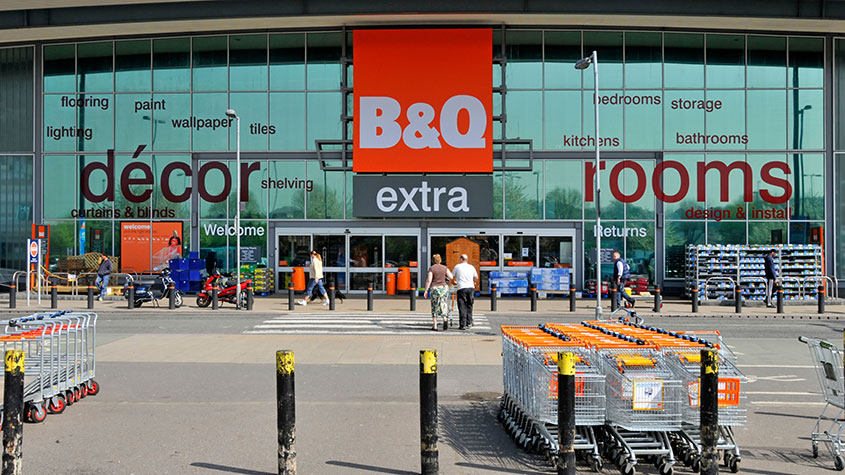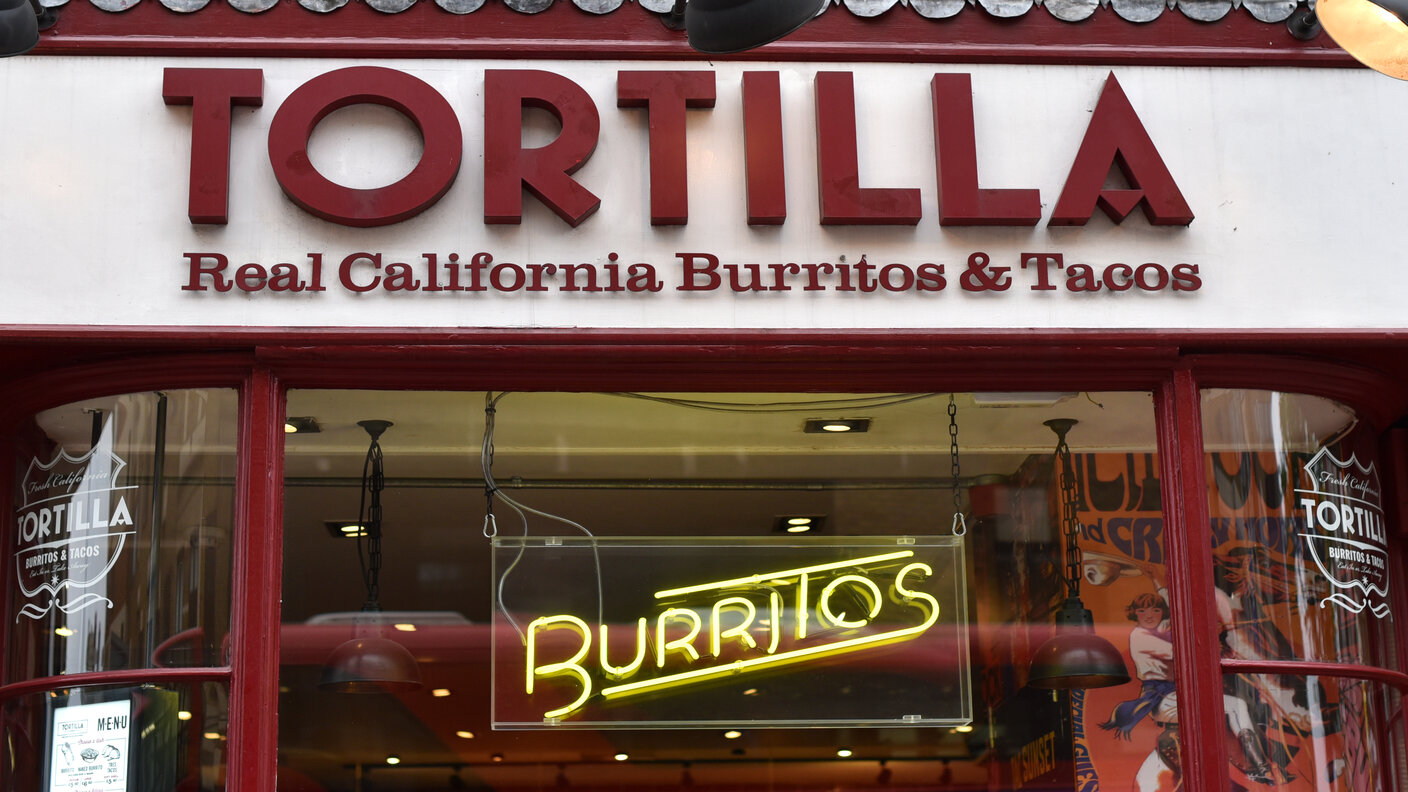Britain’s ten most-hated shares – w/e 12 August
Rupert Hargreaves looks at Britain's ten most-hated shares, and what short-sellers are looking at now.


Get the latest financial news, insights and expert analysis from our award-winning MoneyWeek team, to help you understand what really matters when it comes to your finances.
You are now subscribed
Your newsletter sign-up was successful
Want to add more newsletters?

Twice daily
MoneyWeek
Get the latest financial news, insights and expert analysis from our award-winning MoneyWeek team, to help you understand what really matters when it comes to your finances.

Four times a week
Look After My Bills
Sign up to our free money-saving newsletter, filled with the latest news and expert advice to help you find the best tips and deals for managing your bills. Start saving today!
These are the UK’s ten most unpopular firms, based on the percentage of the company’s stock being shorted (also known as “short interest”).
What is short selling?
Short-sellers target struggling companies and sell their stocks short with the aim of profiting from falling prices. Short sellers borrow the shares, sell them, then hope to buy them at a lower price in the future and pocket the profit. But whether a profit is made or not, the short seller is still obliged to return the borrowed shares to the broker at some point in the future.
As a result, short selling is far riskier than “going long”, as it relies on successfully timing the market, and carries the theoretical risk of unlimited losses (a share price can’t fall below zero, but there is no ceiling on how high it can rise).
MoneyWeek
Subscribe to MoneyWeek today and get your first six magazine issues absolutely FREE

Sign up to Money Morning
Don't miss the latest investment and personal finances news, market analysis, plus money-saving tips with our free twice-daily newsletter
Don't miss the latest investment and personal finances news, market analysis, plus money-saving tips with our free twice-daily newsletter
The list is worth paying attention to as it highlights which company share prices are expected to fall (which can be a red flag for potential “long” investors), and which may rise on unexpected positive news due to short-sellers being forced out of their positions in what’s known as a “short squeeze”.
Source: FCA's daily short positions report (Data as of 15 August 2022)
The top ten holdings are based on data sourced from the Financial Conduct Authority’s daily short positions report as of 15 August.
As equities have rallied over the past couple of weeks, hedge funds have pared back their bets against individual companies. For example, bets against Kingfisher, currently the most-hated stock in the UK, have declined from 9.1% of the firm’s outstanding shares to 7.7% as of 15 August. Meanwhile, bets against Curry’s have slumped from a 10-year high of 6.4% back to 4.9%.
Shopping centre owner Hammerson has been one of the most interesting single stock stories of the year. Towards the end of September 2020 the percentage of the company’s shares out on loan to short sellers hit 26.5% as the group struggled to refinance its debts in the middle of the coronavirus pandemic. Management stabilised the ship and bets against the company have dropped to less than 5% of shares outstanding.
Short-sellers have retreated as the firm’s fundamental performance has dramatically improved over the past 12 months. In the first half of 2022, Hammerson reported a 154% surge in interim earnings to £51 million. Stronger like-for-like gross and net rental income (up 16% and 48% respectively) as well as a 25% drop in net finance costs, helped the company’s bottom line.
Hammerson’s fundamental performance has recovered as customers have returned to its shopping centres. At the end of the second quarter centre footfall was 90% of 2019 levels and rent collection had returned to 94%. Retailers are also signing up for new space with £10.5m of leasing deals concluded in the period, with headline rates up 31%.
With the business back on firmer footing, management can concentrate on unlocking value from the property portfolio. The value of the portfolio grew 2.1% during the first half while Hammerson also completed £194 million of disposals to firm up the state of its balance sheet. It’s reinvesting some of this capital back into the portfolio’s development pipeline. It reduced net debt by 6% during the period.
• SEE ALSO:
Director dealings: what company insiders are buying and selling
The ten highest dividend yields in the FTSE 100
Get the latest financial news, insights and expert analysis from our award-winning MoneyWeek team, to help you understand what really matters when it comes to your finances.

Rupert is the former deputy digital editor of MoneyWeek. He's an active investor and has always been fascinated by the world of business and investing. His style has been heavily influenced by US investors Warren Buffett and Philip Carret. He is always looking for high-quality growth opportunities trading at a reasonable price, preferring cash generative businesses with strong balance sheets over blue-sky growth stocks.
Rupert has written for many UK and international publications including the Motley Fool, Gurufocus and ValueWalk, aimed at a range of readers; from the first timers to experienced high-net-worth individuals. Rupert has also founded and managed several businesses, including the New York-based hedge fund newsletter, Hidden Value Stocks. He has written over 20 ebooks and appeared as an expert commentator on the BBC World Service.
-
 Should you buy an active ETF?
Should you buy an active ETF?ETFs are often mischaracterised as passive products, but they can be a convenient way to add active management to your portfolio
-
 Power up your pension before 5 April – easy ways to save before the tax year end
Power up your pension before 5 April – easy ways to save before the tax year endWith the end of the tax year looming, pension savers currently have a window to review and maximise what’s going into their retirement funds – we look at how
-
 Bitcoin 'has become the reserve asset of the internet'
Bitcoin 'has become the reserve asset of the internet'Opinion The cryptocurrency has established itself as the electronic version of gold, says ByteTree’s Charlie Morris
-
 Where to invest in the metals that will engineer the energy transition
Where to invest in the metals that will engineer the energy transitionA professional investor tells us where he’d put his money. This week: John Ciampaglia, manager of the Sprott Energy Transition Materials UCITS ETF.
-
 Tap into the key long-term growth trends with these resilient performers
Tap into the key long-term growth trends with these resilient performersA professional investor tells us where he’d put his money. This week: Zehrid Osmani, portfolio manager, Martin Currie Global Portfolio Trust, picks three favourites.
-
 Look beyond familiar stockmarkets for reliable returns in rough times
Look beyond familiar stockmarkets for reliable returns in rough timesTips A professional investor tells us where he’d put his money. This week: Giles Parkinson, managing director of global funds at Close Brothers Asset Management.
-
 7 winners and losers in the leisure sector
7 winners and losers in the leisure sectorTips It’s been a wild three years for hospitality, but crisis creates opportunities, says Michael Taylor of Shifting Shares.
-
 Nationwide: house price growth sees its biggest drop since 2009
Nationwide: house price growth sees its biggest drop since 2009News Nationwide’s latest house price index shows house prices fell in May, and further challenges lie ahead.
-
 3 renewable energy stocks to buy
3 renewable energy stocks to buyTips These stocks look poised to benefit as the world transitions to a net zero economy.
-
 Look beyond the blue chips for the best bargains in British income stocks
Look beyond the blue chips for the best bargains in British income stocksTips A professional investor tells us where he’d put his money. This week: Chris McVeyof the FP Octopus UK Multi Cap Income Fund highlights three favourites.